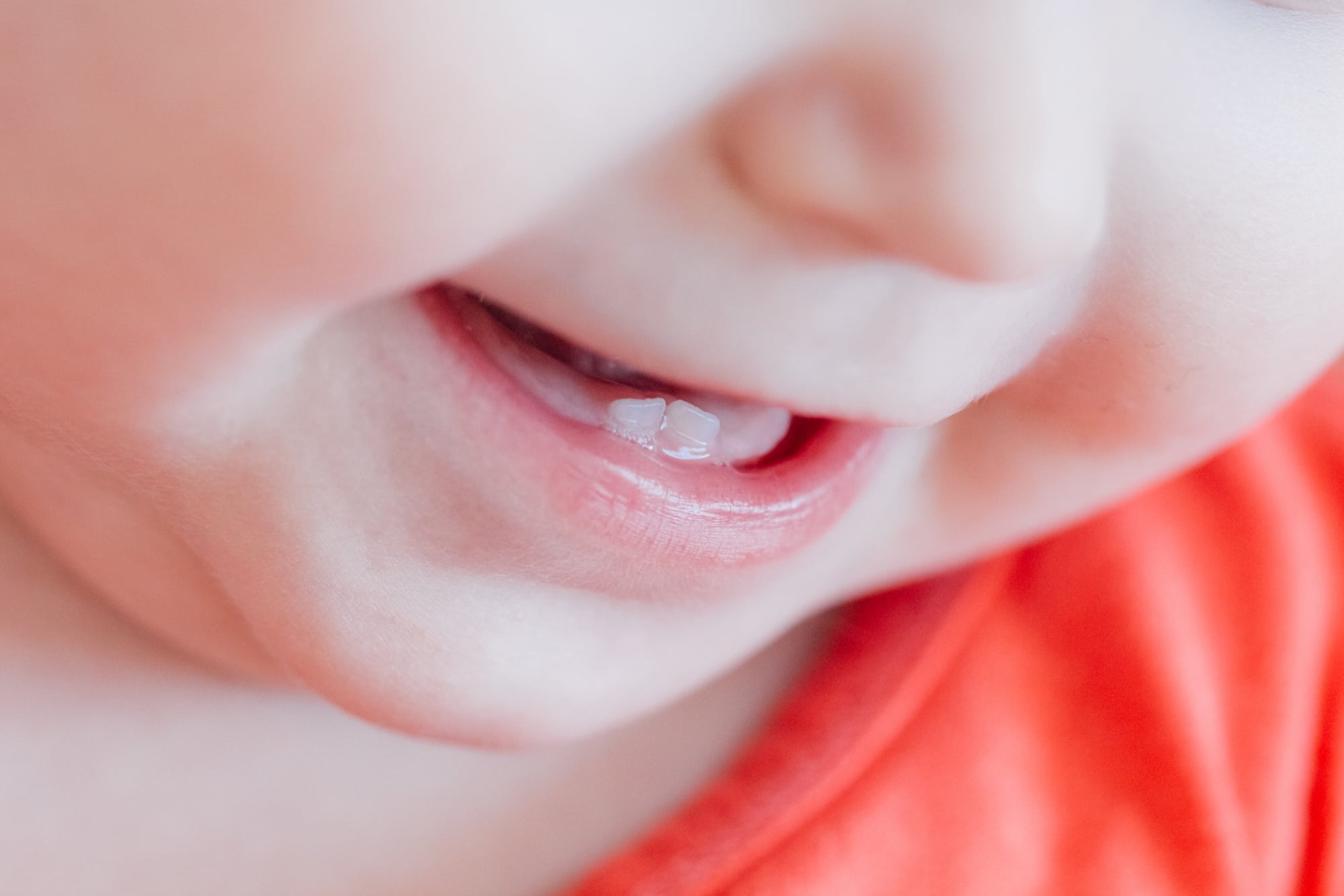
Baby Teeth
- Featured
Featured
Frequently Asked Questions
The first set of teeth to erupt in a child’s mouth are known as baby teeth, often called primary or deciduous teeth. Between 6 and 12 months, these teeth typically begin to appear, and they continue to do so until the child is 2 or 3 years old. Most kids get their entire set of 20 primary teeth by turning three.
- 6-10 months: lower central teeth
- 8-12 months: prominent upper teeth
- 9-13 months: upper lateral incisors
- 10-16 months: lower lateral incisors
- 13-19 months: First molars
- 16-23 months: Canine teeth
- 23-31 months Second molars
Cold things: The gums can be soothed and made numb by chewing on something cold. You can try a frozen spoon, a cooled teething ring, or a damp towel that has been briefly frozen or refrigerated.
Pressure: Another method for easing gum discomfort is to press on them gently. Try massaging your child’s gums with a clean finger or a soft, damp cloth.
Breastfeeding or bottle-feeding: Your kid can find comfort in nursing or bottle-feeding while teething, and the motion of sucking helps ease their discomfort.
Distraction: Your baby may be able to focus on something else while distracted by a toy or activity you give them. Try playing an instrument, singing, or reading a book.
Baby teeth are essential because they aid with speech development: They are essential in teaching infants how to talk and pronounce words correctly. Babies without teeth may have difficulty forming some sounds and words.
Nutrition: Proper digestion and nourishment are necessary for biting, chewing, and grinding food.
Space maintenance: They keep the jaw space open so that adult teeth can finally erupt. Premature tooth loss can result in orthodontic problems if the adjacent teeth move, making it harder for adult teeth to erupt correctly.
Face development: Due to their necessity in molding a child’s jaw and face as they grow, baby teeth also play a part in facial development.
Brush your baby’s teeth: You can use a clean, wet cloth to wipe your baby’s gums after feedings, even before teeth erupt. Once teeth appear, you can clean them twice a day with water and a soft-bristled toothbrush.
Limit sugar intake: Sugar consumption should be kept to a minimum for your baby because it might cause tooth rot.
Don’t give your infant a bottle before bed: The sugary liquid from your baby’s bottle could pool in their mouth while they sleep and cause tooth decay. Instead, feed them before night and remove the bottle when they fall asleep.
Schedule a dental examination: Babies should have their first dental appointment by the time they turn one. A dental professional can examine you for any potential problems and advise you on how to take care of your teeth.
Here are some signs that you might need to visit a dentist:
- There is discomfort from teething that lasts more than a few days or is accompanied by additional symptoms like fever or diarrhea.
- Stains, pits, or holes in the teeth.
- Toothache or sensitivity to cold or heat.
- Gums or other regions of the mouth may swell or become inflamed.
- Broken or loose teeth.
- Difficulties with biting or chewing.
















